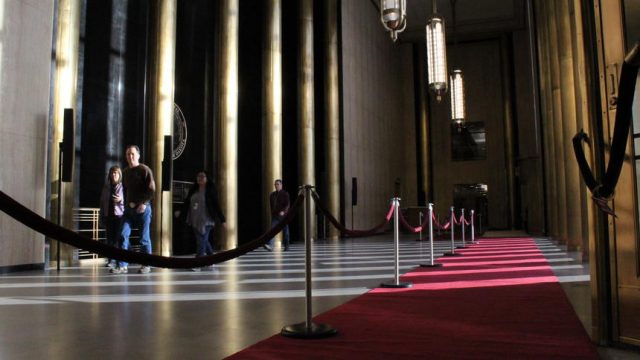There Need to Be Consequences for State Agencies Trying to Kill Legislation With Politically Motivated Fiscal Notes

Whether the legislating is taking place in the Legislature in Bismarck, or at the ballot box during an election year, North Dakota has a process which is intended to inform us all as to the potential costs of a given proposal.
That process is called the “fiscal note,” and it’s essentially the various state agencies or institutions which might be impacted by a proposal making an estimate for what it might cost them.
It’s an important step in the process. One which hopefully informs us as to the consequences, both positive and negative, of approving a certain measure.
Unfortunately, this process is often perverted by bureaucratic politics. It’s a thing lawmakers refer to as “death by fiscal note,” which sees an agency try to kill a proposal by hanging an absurd fiscal note on it.
For instance, the Department of Health has been guilty of using this tactic to slow the legalization of marijuana. Last year DoH officials claimed Measure 3 (a proposal to legalize recreational marijuana) would cost them $4.6 million to implement. But, as I noted in a print column, of that total some $3.8 million was a budget for a marketing campaign to warn the public about the dangers of marijuana. Something Measure 3 certainly didn’t require.
This wasn’t the first time the DoH inflated the cost of implementing marijuana policy. “What people should keep in mind is that two years ago when the health department presented their information on what they estimated to be the cost of medical marijuana if it passed they said $8.7 million,” one lawmaker told me before I wrote that column. “For fiscal year ending June 30, 2018 their actual cost was $363,000.”
Funny how that works, isn’t it?
I’m sure there are more examples of “death by fiscal note” even here in the early weeks of the 2019 legislative session, but a particularly egregious example is the Department of Transportation’s claim that raising North Dakota’s speed limits on multi-lane highways – HB1264, introduced by Rep. Jake Blum (R-Grand Forks) – would cost the state nearly $5 million.
The bulk of the expense, they claim, would be needed construction to lengthen the state’s on-ramps and exit-ramps.
You can read the full fiscal note below. I should note that the Department of Transportation pulled this same stunt during the 2017 session when similar legislation was proposed.
When I interviewed Blum about this legislation I asked him about the fiscal note. While he was hesitant to cast aspersions at the Department of Transportation, he agreed that these costs are an exaggeration:
This nonsense has to stop.
Fiscal notes should be used to inform debate, no manipulate political outcomes. Right now state agencies are able to drop fiscal notes with impunity, and there’s little in the way of consequences when the expenses turn out to be wildly inaccurate (as was the case with medical marijuana).
Perhaps there should be some consequences. Because if fiscal notes can’t be relied on as accurate information, what’s the point?
[scribd id=398403769 key=key-2ugImggDmAUIYMqAIaJt mode=scroll]




